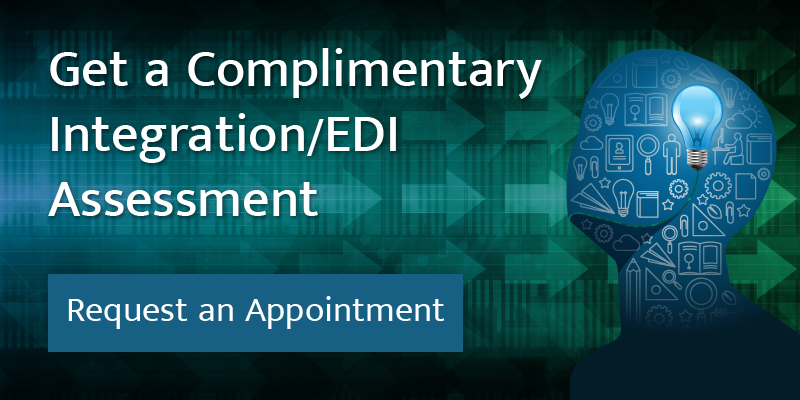As EDI and EAI projects are in full swing for 2015, there are some easy-to-follow tips when selecting your next EDI consultant. In past blogs we've discussed problems that impede integration projects, ROI of B2B Integration projects, and factors that drive your integration projects. Now that you have those projects approved, how do you make the best use of everyone's time? Here are some easy tips when utilizing an EDI consultant to assist with your project.
1. Define and Agree on Objectives Before Project Begins – Involve all stakeholders in identifying project objectives. Consider the needs of all stakeholders, systems and processes that will be affected by the project. Prepare your own organization in advance by asking for input on scope, level of detail, and data sources. For example, have your personnel made contact with trading partners and collected specifications? Have the analysis and integration specifications / programs been prepared for integration to the application system(s)? Pre-engagement planning with your organization can prevent backtracking, sniping, and scope changes once the project has begun – and should help to keep the project on schedule and within budget.
2. Clarify Assumptions – Remember, assumptions work both ways. Clearly define what information and resources YOU will bring to the project as well as what you expect from your consultant with respect to resources, project timing, deliverables, tools, etc. An experienced consultant can help with definition of these responsibilities. Clarify them before the consultant is engaged.
3. Communicate Expectations With Your Consultant – Clearly communicate to the consultant the project objectives along with the level of detail that you expect to see in the final deliverable. Do not sign a contract without mutual agreement to these points.
4. Allocate Sufficient Resources - Ask the consultant to prepare a data template prior to the start of the project that identifies the background data required for deliverable development. Armed with this information, you can plan the staffing and effort needed to collect and compile the necessary data. Providing complete data to the consultant at the beginning of the project will help to avoid possible delays. Don’t expect the consultant to perform work in a vacuum without input from your organization.
5. Make the Kick-Off Meeting Effective – Senior management should kick off the engagement and frame the consulting initiative within the context of short and long-term company goals. Project objectives as well as the timeline for deliverables should be clearly defined. The goal here is to establish a sense of urgency and a broad understanding of the importance of getting the job done right.



